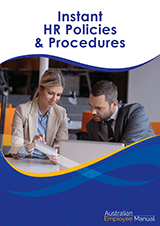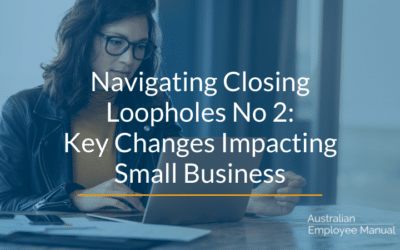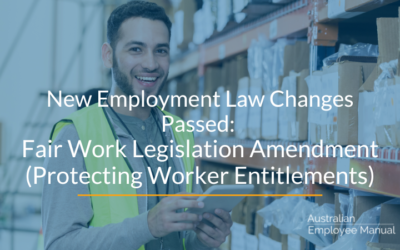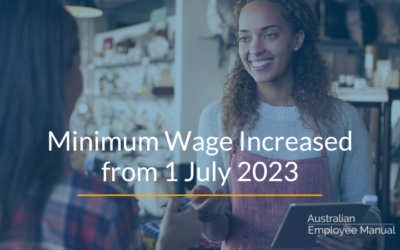The passage of the Paid Parental Leave Amendment (More Support for Working Families) Bill 2023, saw several extensions to Paid Parental Leave.
Extended Paid Parental Leave Duration:
The bill amended the Paid Parental Leave Act 2010 to gradually increase the maximum period of flexible paid parental leave. Starting from 1 July 2024, eligible parents will receive an additional 2 weeks of paid leave each year, culminating in a total of 26 weeks by 1 July 2026.
- 22 weeks (110 flexible PPL days) in relation to a child born or adopted on or after 1 July 2024
- 24 weeks (120 flexible PPL days) in relation to a child born or adopted on or after 1 July 2025
- 26 weeks (130 flexible PPL days) in relation to a child born or adopted on or after 1 July 2026.)
This extension recognises the importance of supporting working families during critical early stages of child-rearing.
Reserved Period for Partnered Claimants:
Partnered claimants will benefit from an extended reserved period. The reserved period is a set number of weeks during which the partner of the primary claimant (usually the mother) can access paid parental leave benefits.
Commencing from 1 July 2025, the reserved period will incrementally increase by one week each year, ultimately reaching 4 weeks by 1 July 2026.
During this period, the partner can take paid leave to actively participate in caregiving responsibilities, bond with the child, and provide support to the primary claimant.
The reserved period allows flexibility in how the partner chooses to use the allocated weeks. It can be taken consecutively or intermittently, depending on individual circumstances.
For example, the partner may choose to take the entire reserved period immediately after the birth or adoption, or they can spread it out over several weeks.
This provision acknowledges the diverse family structures and ensures equitable access to parental leave.
Concurrent Leave for Multiple Claimants:
The bill allows for greater flexibility by increasing the number of days that can be taken concurrently by multiple claimants. By 1 July 2025, parents can take up to 4 weeks of leave together.
This change recognises the need for shared caregiving responsibilities and promotes work-life balance.
Minor and Technical Amendments:
The bill includes minor adjustments related to eligibility for parental leave pay in exceptional circumstances. These changes aim to streamline processes and ensure fair treatment for all eligible claimants.
Paid Superannuation
In addition to the passage of the Bill, there was an announcement that starting from 1 July 2025, eligible parents who receive Government-funded Paid Parental Leave will benefit from an extra financial boost.
Specifically, they will receive an additional 12% of their Paid Parental Leave amount as a contribution to their superannuation fund.
The details of how this paid superannuation will operate, will be announced in the upcoming Budget.
What Small Businesses Need to Do
Stay Informed:
- Small business owners and managers should familiarise themselves with the provisions of the bill, especially those related to parental leave entitlements, superannuation contributions, and eligibility criteria.
- Regularly check official government sources such as the Paid Parental Leave Scheme Employer Toolkit from Services Australia to stay informed about any changes or clarifications.
Update Policies and Procedures:
- Review your existing parental leave policies and procedures within your organisation. Our HR Policies and Procedures products will be updated to reflect these changes.
- Ensure that your policies align with the new legislation, including extended leave periods, partner entitlements, and superannuation contributions.
- Communicate these changes clearly to employees.
Superannuation Compliance:
- Understand the superannuation contribution requirements when they are announced.
- Coordinate with your payroll and accounting teams to ensure accurate contributions are made on behalf of eligible employees.
- Keep records of any superannuation payments made through the scheme.



